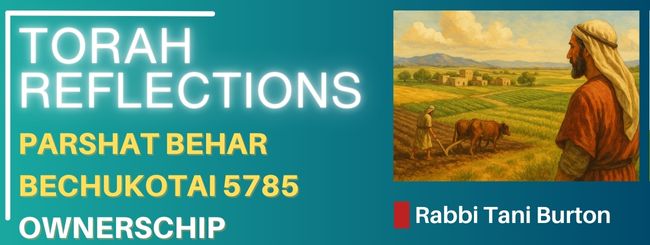בס”ד
Integrating Torah into one’s life through reflection and conversation can be an incredibly fun and engaging experience. It’s a journey of discovery, where ancient wisdom and timeless teachings come to life in our daily experiences. Through reflection, we have the opportunity to dive deep into the rich tapestry of Torah, extracting profound insights and lessons that resonate with our modern lives. The joy lies in the ‘aha’ moments, those instances when a Torah verse or story suddenly connects with our personal challenges, aspirations, and values. And when we engage in conversations about Torah with others, it becomes an interactive exploration, where diverse perspectives and interpretations enhance our understanding. These dialogues often spark excitement and intellectual curiosity, making the learning process both enjoyable and fulfilling. Torah becomes a vibrant and dynamic part of our lives, offering not just guidance but also a source of endless fascination, connection, and growth.
NOTE: Don’t feel obligated to go through every source or answer all the questions—unless you want to. Even one source, or one question will give you plenty of material for discussion and meditation. Enjoy this!
Some thoughts about Parshat Behar Bechukotai Ownership
Nothing Is Truly Ours—And That’s the Point
In Parshat Behar, the Torah teaches a profound and counter-cultural idea:
“The land shall not be sold forever, for the land is Mine; for you are strangers and sojourners with Me.” (Leviticus 25:23)
This principle is part of the laws of the Jubilee year (Yovel), which was observed every 50 years in ancient Israel. During that year, land was returned to its original owners, and indentured servants were set free. It was like a “reset button” for society—a dramatic reminder that ownership is temporary, and that G-d alone is the true Owner of the land and of everything we possess.
This idea runs counter to much of how modern people think. We are taught that if we earn or buy something, it becomes ours, forever. But the Torah challenges that notion. Even in the Land of Israel, a Jewish person’s ability to own or reside on land is understood to be by Divine permission, not entitlement. The land belongs to G-d, not to the people.
This has universal implications. The sage Rabbi Elazar of Bartosa taught:
“Give Him what is His, for you and everything you own is His.” (Pirkei Avot 3:7)
This doesn’t mean we aren’t allowed to enjoy our possessions or guard our privacy. But it reminds us that whatever strength, intelligence, money, or talents we have—they are gifts. We are not their source. And because we didn’t create them, we are invited to use them generously and wisely, especially in the service of higher purposes.
This message resonates deeply for Noahides, who are also called to live ethical and spiritual lives based on justice, kindness, and a reverence for the One G-d. Though the laws of the Jubilee do not apply to them, the principle behind it is timeless:
What we have is not only for us. Our gifts are meant to be shared.
Whether through charity, kindness, hospitality, or simply helping someone in need, this mindset opens the door to living with gratitude and humility. It also protects us from the toxic illusions of permanent power or possession.
Now, reflect on the following questions:
- What does it mean to “give back to G-d” from what you have? In practical terms, how can you do that in your daily life?
- Have you ever held on too tightly to something—money, time, status—thinking it was truly “yours”? What changed your perspective?
- How might seeing yourself as a “sojourner with G-d” change how you approach ownership, success, or giving?
- In what ways do you experience the blessings of strength, intelligence, or resources? How do you share those blessings with others?
- Can you think of moments when generosity or detachment led to greater peace or spiritual clarity in your life?
Shabbat Shalom!
Shabbat Shalom!
By Rabbi Tani Burton
If you want more questions for contemplation, SEE THE OTHER BLOGS FROM RABBI TANI BURTON ABOUT DE PARSHAT QUESTIONS
© Copyright, all rights reserved. If you enjoyed this article, we encourage you to distribute it further.
Our blogs may contain text/quotes/references/links that include copyright material of Mechon-Mamre.org, Aish.com, Sefaria.org, Chabad.org, and/or AskNoah.org, which we use in accordance with their policies.
